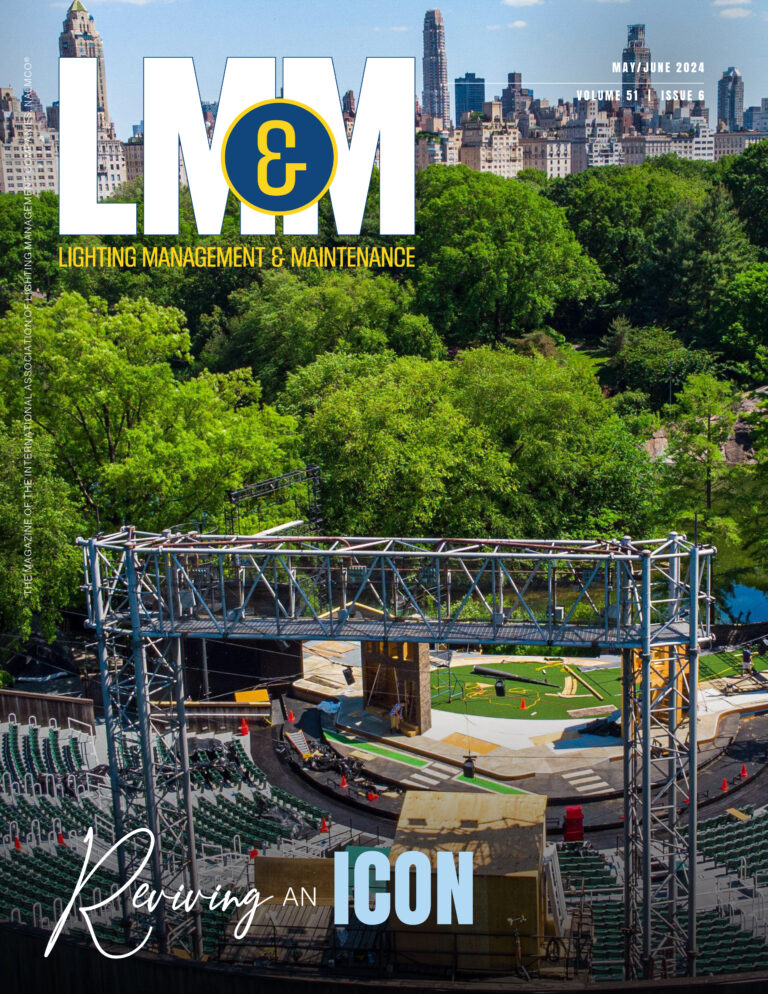The Institution for Lighting Professionals (ILP) Ireland presented a webinar this morning entitled “Dark Skies or Safer Streets. Are We Taking a Holistic Approach?”. So, I took the opportunity to sit in on the 06:00 EST webinar to see how they were addressing these seemingly competitive goals across the pond.
All the same buzz words and phrases were used: compliance, standards, minimize energy usage, ecological concerns, safer streets, and technology. As stated in the description of the event, “It’s clear that the lighting industry needs to take a lead in providing solutions that both respect the environment and protect our dark skies, but how do we balance this with the differing requirements of the people who use those spaces? Whilst we focus on ‘numbers’ and provide schemes that meet the standards and minimize ecological impact, does this result in spaces that may not be inclusive by design?”
It seems like the exact same issues we are tackling in North America. How do we meet all the needs of everyone and everything in the nighttime environment? Presenter Clare Thomas, Head of Applications & Solutions at Urbis Schreder, set the stage by addressing a couple of U.K. Standards for outdoor lighting. These included The British Standards Institution (BSI) EN-13201 Roadway Lighting and BS5489-1:2020 Design of Roadway Lighting. The energy savings provided by moving from traditional sources to LED were discussed. These topics are pretty cut and dry. The BSI provides guidance of light levels required, and LEDs save energy over traditional sources.
Then came the tricky part, as it is in North America. How do we balance those requirements with the ecological issues and dark skies? A UK study showed that LED streetlights were “decimating” the moth population in England compared to traditional high pressure sodium.
To attempt to bridge the gap, the All-Party Parliamentary Group for Dark Skies published “Ten Dark Sky Policies for Government.” This new publication puts forth ten proposed government policy suggestions.
- Strengthen the National Planning Policy Framework
- Expand the scope of the planning permission process
- Strengthen Statutory Nuisance Provisions
- Create a statutory Commission for Dark Skies
- Set standards for the brightness and colour temperature of lighting
- Set standards for the direction and density of lighting
- Create ‘best practice’ for the use of lighting
- Appoint a designated ‘Minister for Dark Skies’
- Create a ‘Dark Sky Towns & Cities’ initiative
- Emphasize the role of education
However – right on the cover, so there is no ambiguity – it states “This is not an official publication of the House of Commons or the House of Lords. It has not been approved by either House or its committees. All-Party Parliamentary Groups are informal groups of Members of both Houses with a common interest in particular issues. The views expressed in this report are those of the group.”
A survey conducted for The College of Policing Safer Street Fund – “Crime Prevention toolkit 2021” –showed that “better lit streets” was number 3 on the list of how to make streets safer, behind two tougher policing suggestions.
Interestingly, the use of typical 3 – 4-foot bollards along pedestrian and cycling paths, while gaining more traction in North America, was not 100% supported by Ms. Thomas. While they control and limit stray light, they do not provide enough vertical illumination to allow for someone to recognize a person’s face, or hands, or intent. A pathway using 6-foot bollards was a suggested solution.
The “holistic” approach – another good buzz phrase – was suggested, making every attempt to meet the needs of the people using the spaces and area available, while also meeting the ecological and astronomical needs.
All seemed to make sense. Then it was opened for questions and there were several dissenting opinions on various sides. Ah….. we ARE dealing with the same issues in seemingly the same way.
For more information on the ILP, please see their website here.



